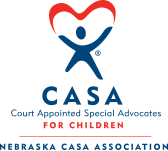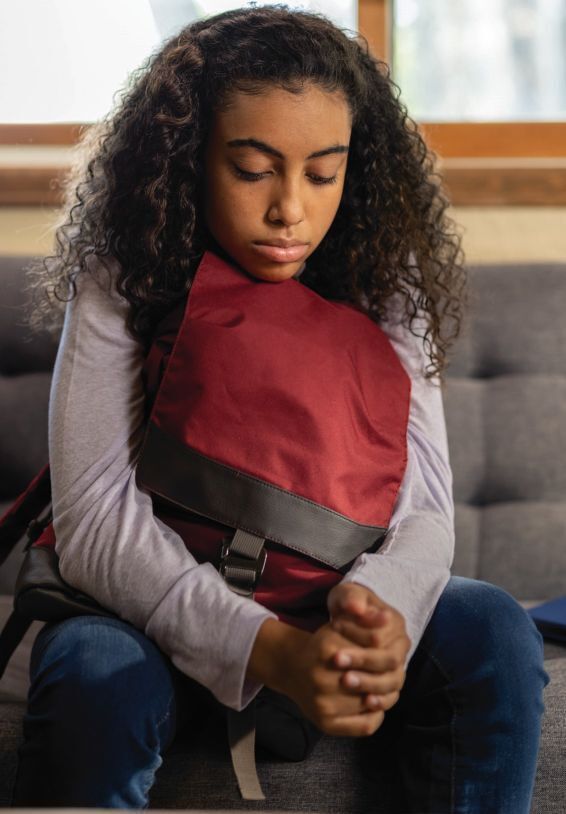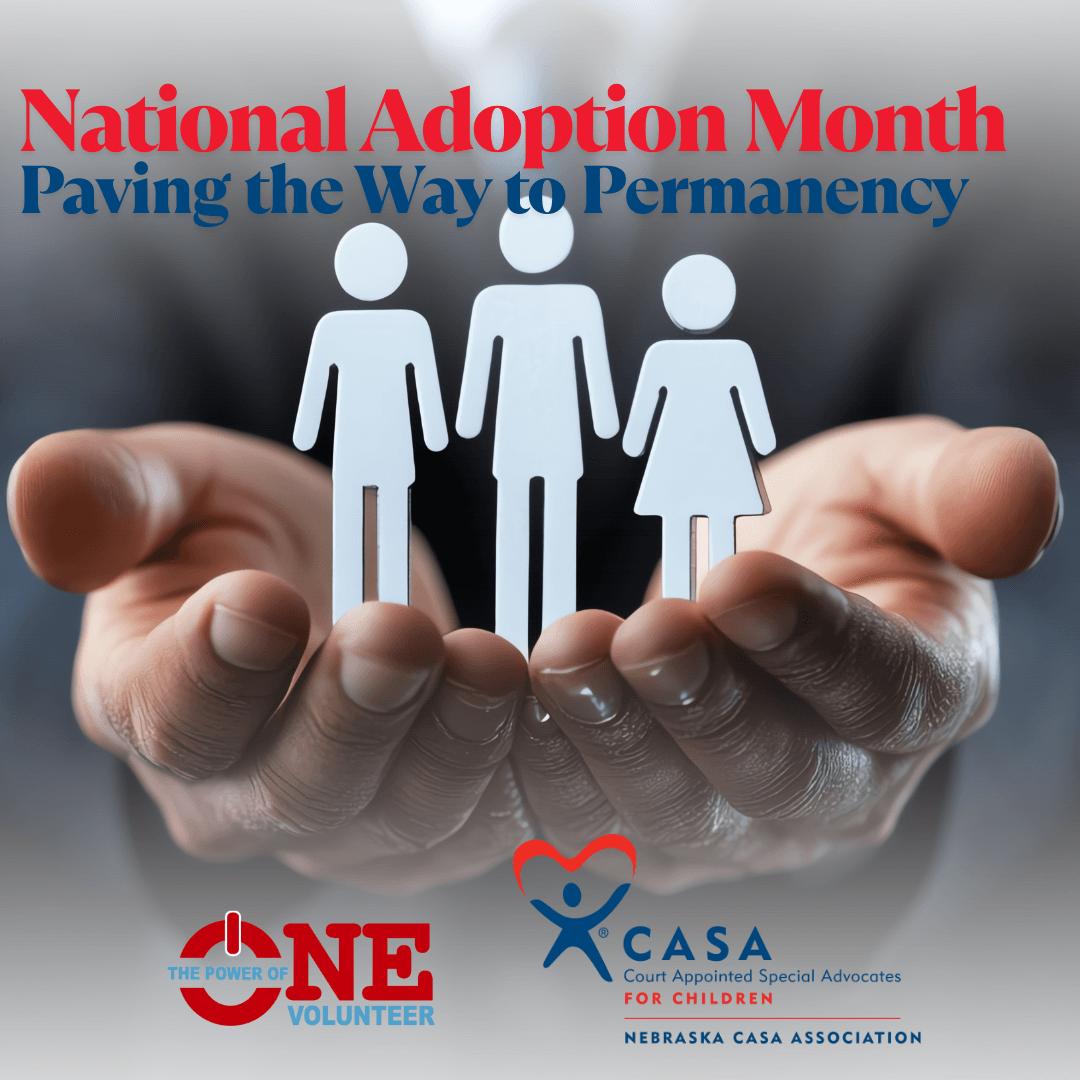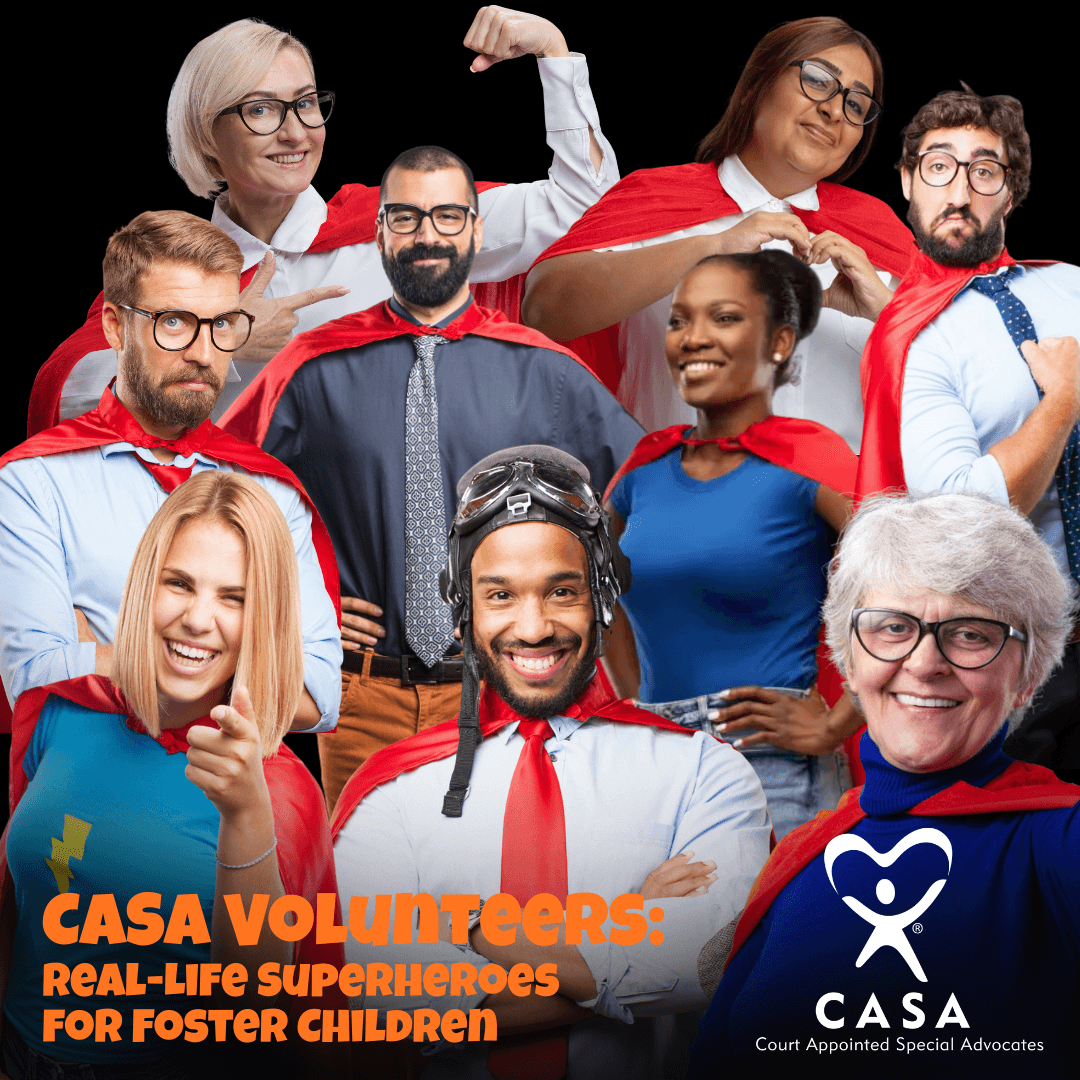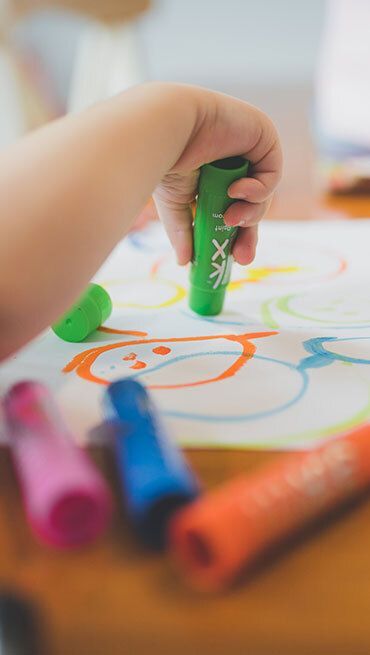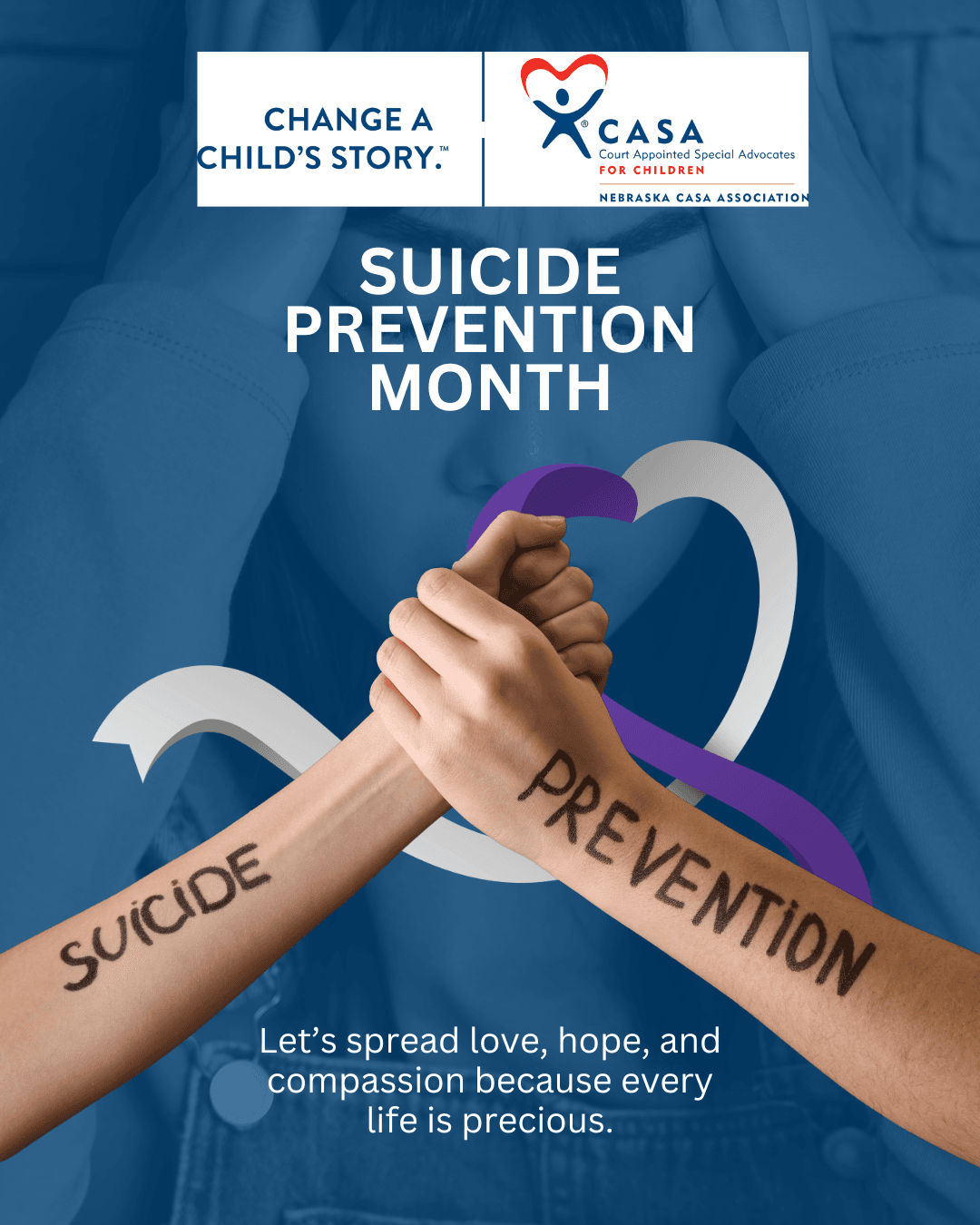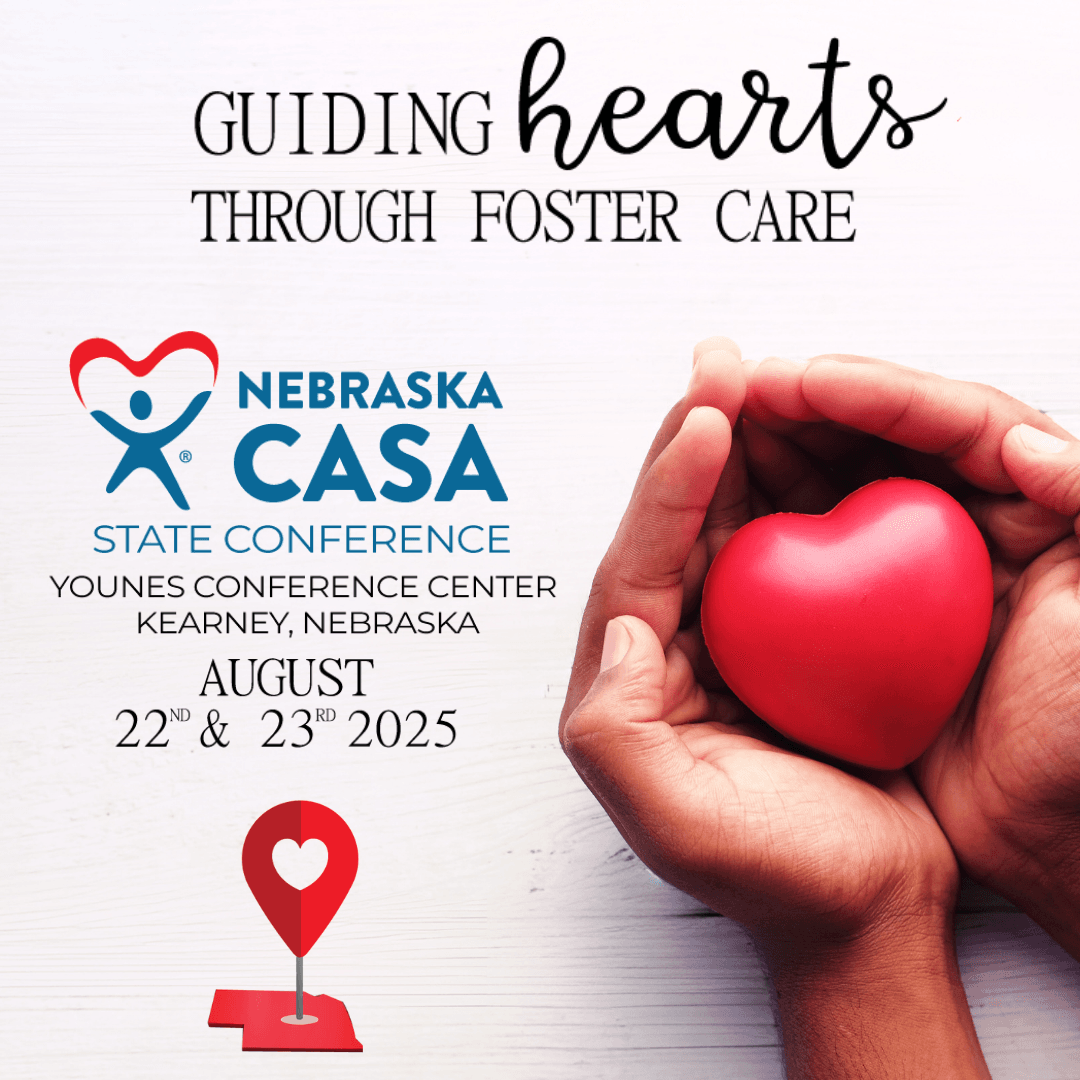Child trafficking affects children and youth in communities across the United States — including here in Nebraska. It involves exploiting a child for commercial sex acts or forced labor, and tragically, any minor involved in commercial sexual activity is legally defined as a trafficking victim, regardless of force or manipulation.
Each year, far too many young people in Nebraska face emotional pain that feels unbearable. Suicide remains one of the leading causes of death among youth in our state—and the risk is even higher for children and teens who have experienced abuse, neglect, or trauma. At Nebraska CASA, we believe every child’s life has value, purpose, and hope—and that no child should ever feel invisible or alone.
November is National Adoption Month – a time to celebrate the journey of adoption, honor adoptive families, and, crucially, to shine a spotlight on the thousands of children in foster care still waiting for their own forever homes.
According to leading research, childhood domestic violence has a profound and lasting impact on a person’s life and hope for the future. Children from homes where domestic violence is/was prevalent are:
• 6 times more likely to commit suicide
• 50 times more likely to abuse drugs and alcohol
• 74 times more likely to commit violent crimes against another
CASA observes the effects of this violence manifesting at different points in children’s lives. Infants may see major developmental delays, excessive separation anxiety and regressions in development like forgetting potty training or becoming non-verbal. School-age children can manifest the effects of violence differently, with depression, self-destruction, aggressive behavior and problems in school. Over time, as a mechanism for coping, they become more likely to rationalize violence and lose their ability to empathize with the needs of others. Teenagers often exhibit increased suicide risk, drug and alcohol abuse, eating disorders and risky sexual behavior.
The good news is that children can heal from the effects of witnessing domestic violence if they are nurtured and feel safe. Having a consistent, attentive adult helps children cope better and CASA is committed to helping facilitate this healing. Therapy can make all the difference to these child victims.
Addressing this violence is important not simply for the children we serve but to prevent cycles of abuse from continuing. Children who witness abuse may grow up to become perpetrators or victims of domestic and sexual violence as they learn from their parents how they should behave.
For CASA volunteers and others helping abused and neglected children, getting the best possible outcome means digging deeper than the circumstances that brought a child into the system. Whether it is violence that children experienced themselves or that they witnessed, it can have profound impacts on their wellbeing and on their future. CASA volunteers make sure that they know all traumas that a child has faced, so that they can effectively advocate for the right services to help them heal.
For some foster children in Nebraska, this season can be a reminder that they lack the stability and support many other students and families take for granted. Nebraska CASA is asking you to tap into your unique life experiences and join us in offering foster children a treat far greater than candy: the gift of a dedicated advocate.
Every October 10, the world pauses to recognize World Mental Health Day—a reminder that mental well-being is not a luxury, but a foundation for a healthy life. For children who have experienced abuse, neglect, or the trauma of separation from family, mental health isn’t just a topic—it’s a daily struggle.
Every September, communities across the nation come together to shine a light on an issue that too often remains in the shadows: suicide. Suicide Prevention Awareness Month is a time to raise awareness, honor those we have lost, support those who are struggling, and share the hope that healing is possible.
The 2025 Nebraska CASA State Conference is fast approaching, promising an enriching experience for advocates, volunteers, professionals, and anyone passionate about supporting children in Nebraska's foster care system.
